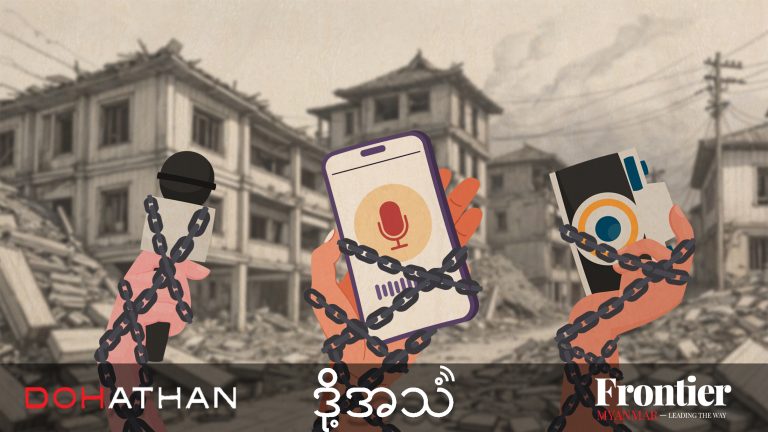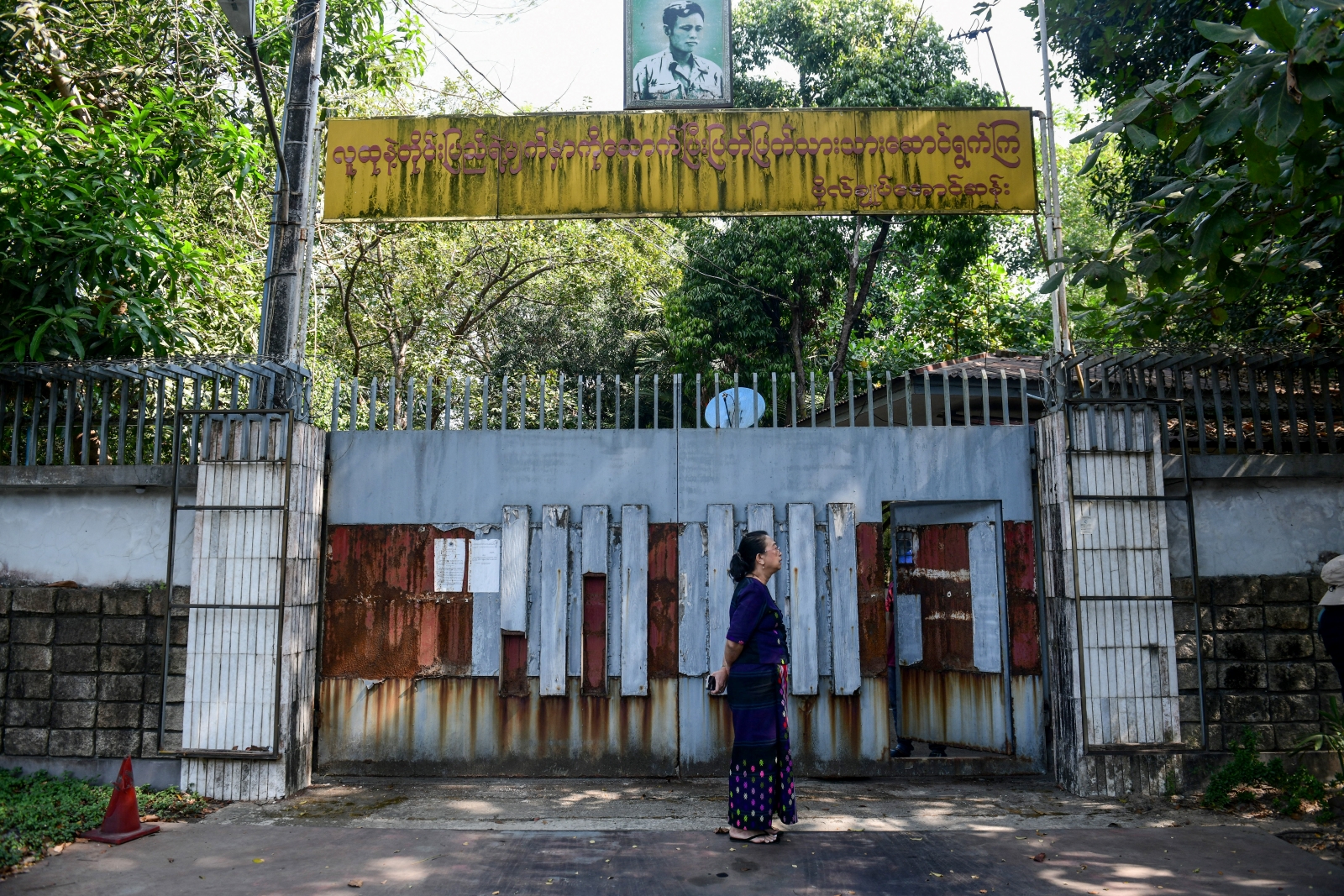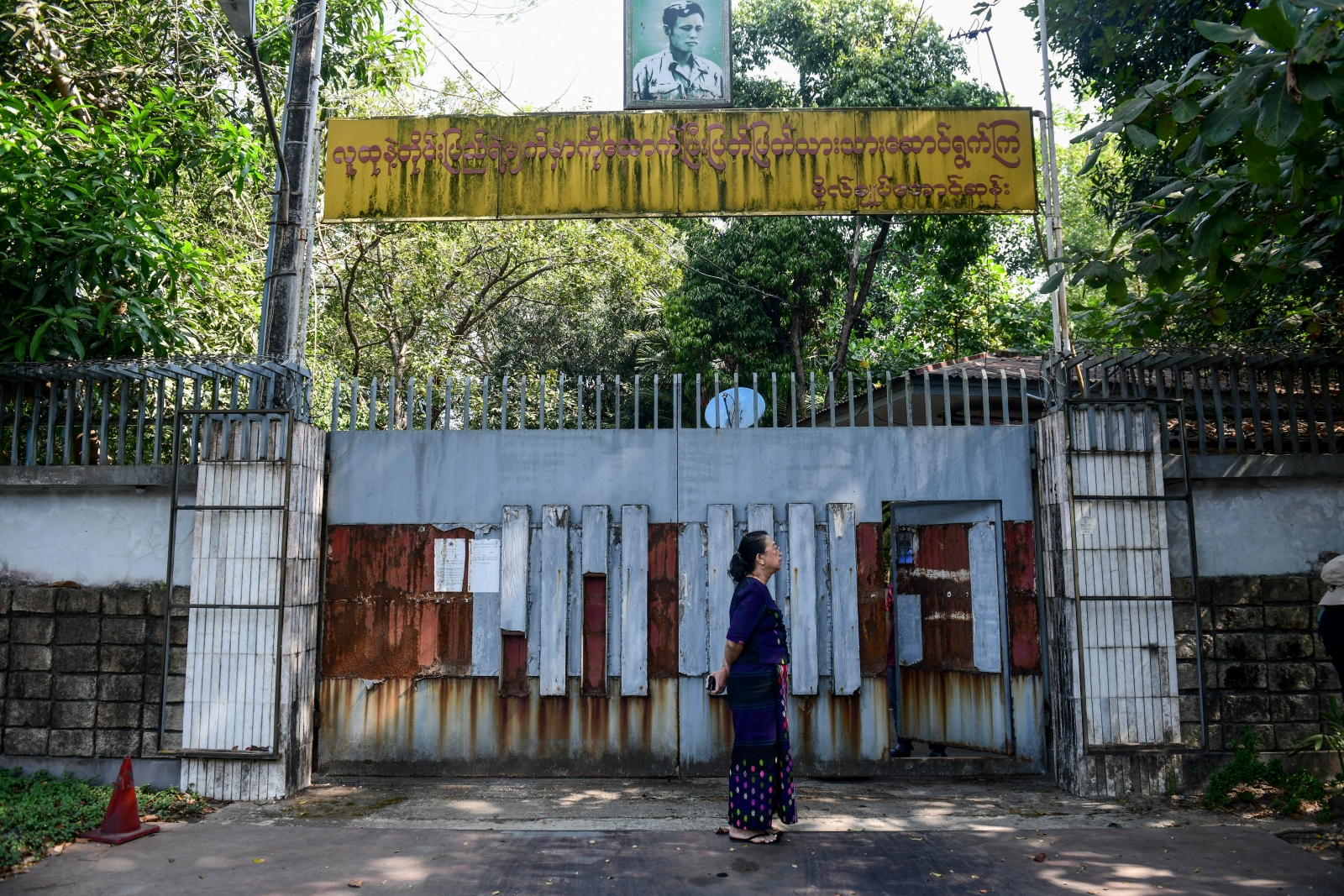Symptoms of red pen hysteria were evident at the Ministry of Information’s Press Scrutiny and Registration Division in the early weeks of the 2010 election campaign.
As the election campaign gained pace in 2010, so did the sensitivity of the censors to reports that must have breached its guidelines, some of which were opaque. There was also the possibility of a frenzy of necessary instructions from the then Minister of Information, former brigadier-general U Kyaw Hsan, a hardliner when it came to press freedom. During a parliamentary discussion on media reform in September 2011, U Kyaw Hsan said in a rambling speech that press freedom would bring “more disadvantages than advantages”.
Of the three election-related reports rejected from publication in the September 27, 2010 edition of the Myanmar Times, one was about reports generating the most reader interest in its vernacular counterparts.
In a possible reflection of scepticism about whether an election held under junta rule could be free and fair, it had quoted a downtown Yangon newspaper vendor as saying that “customers don’t seem that interested in election news”.
The other rejected reports were about the Peace and Diversity Party issuing a challenge to other parties to take part in a debate on “state-building matters”, and the cancellation of voting in most of the Wa Self-Administered Division because of a stand-off between the Tatmadaw and the United Wa State Army over the Border Guard Force scheme.
A feature report on the PDP’s campaign that touched on media freedom was one of five stories approved for publication with cuts. It was references to media freedom that crossed the red pen line. Out went the response to a heckler at a campaign event by the PDP’s general secretary, U Nay Myo Wai, who said: “If they want a free media, the public shouldn’t vote for a candidate who doesn’t promise it.”
Support more independent journalism like this. Sign up to be a Frontier member.
The front page lead about election speeches on state-run broadcast media was mutilated because of a party leader’s references to censorship. Cut from the report was the information that Democratic Party (Myanmar) chairman U Thu Wai had to resubmit his presentation to the Union Election Commission because it rejected the first version.
The red pen then ran a line through a sentence quoting him saying he was not sure what it was in the original that irked the authorities, a confusion with which all private-sector journalists and editors in Myanmar could sympathise at the time.
U Thu Wai’s speculation about a reason also ran foul of the censors. He had said: “I think it was because I said the country’s present situation is behind our neighbouring countries and they think by saying that I’m attacking the government.”
A comparison with Myanmar’s neighbours by Rakhine Nationalities Development Party chairman Dr Aye Maung was also excised. It had quoted him as saying: “We think that public servants and the army should be upgraded to the standard of our ASEAN neighbours…”
Another report that did not pass unscathed concerned a statement issued at a news conference by a group of independent candidates. The offending information in the statement criticised military rule and exhorted voters to shun Union Solidarity and Development Party and pro-junta party candidates. It also said: “Do not vote for the candidates who would turn back the clock…”
A report about National League for Democracy leader Daw Aung San Suu Kyi being eligible to vote despite being under house arrest was cut from 12 paragraphs to eight. The cuts included a reference to her father, Bogyoke Aung San as a “former Myanmar leader” and a list of the four Pyithu Hluttaw candidates in Bahan Township. They included U Aung Myat Htun, who was standing for the National Democratic Force, a party formed by breakaway members of the NLD after it decided to boycott the election.
Reports about the Nobel Peace Prize laureate always made the censors nervous. It had been placed on page 1 but the censors ordered that it be moved “inside”. It was placed on page 7.






